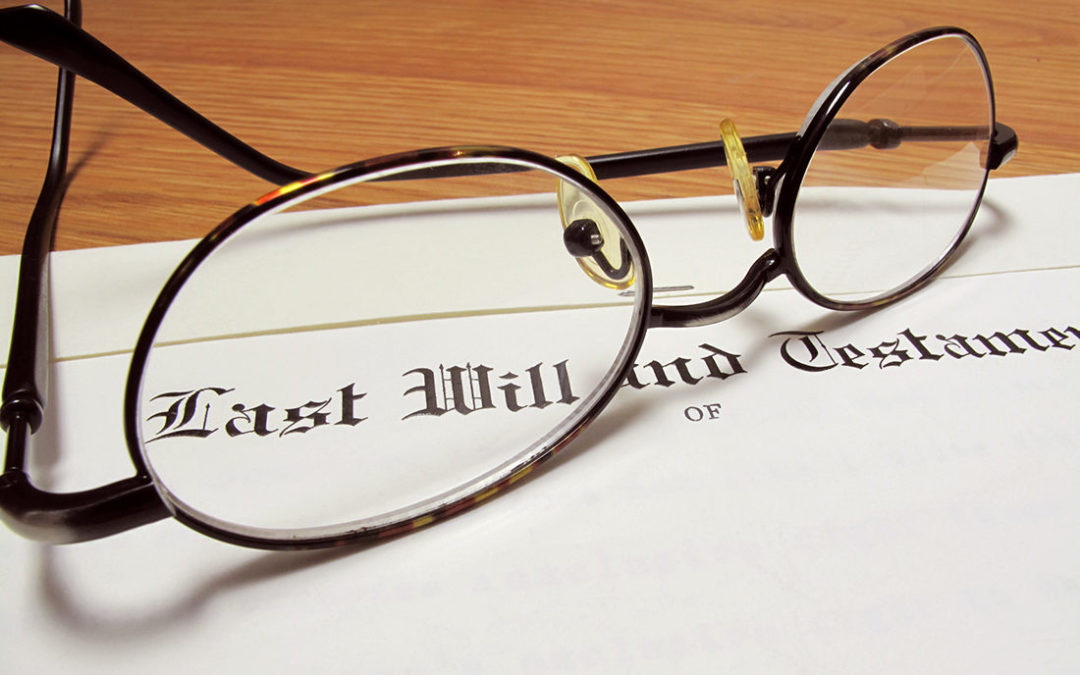Here’s a simplified way to project your exposure to estate taxes. Take the value of your estate, net of any debts. Also subtract any assets that will pass to charity on your death.
Then, if you’re married and your spouse is a U.S. citizen, subtract any assets you’ll pass to him or her. Those assets qualify for the marital deduction and avoid potential estate tax exposure until the surviving spouse dies. The net number represents your taxable estate.
You can transfer up to your available exemption amount at death free of federal estate taxes. So if your taxable estate is equal to or less than the estate tax exemption (for 2015, $5.43 million) reduced by any gift tax exemption you used during your life, no federal estate tax will be due when you die. But if your taxable estate exceeds this amount, it will be subject to estate tax. Many states, however, now impose estate tax at a lower threshold than the federal government does, so you’ll also need to consider the rules in your state. North Carolina does not impose an estate tax.
If you’re not sure whether you’re at risk for the estate tax or if you’d like to learn about gift and estate planning strategies to reduce your potential liability, please contact us.
